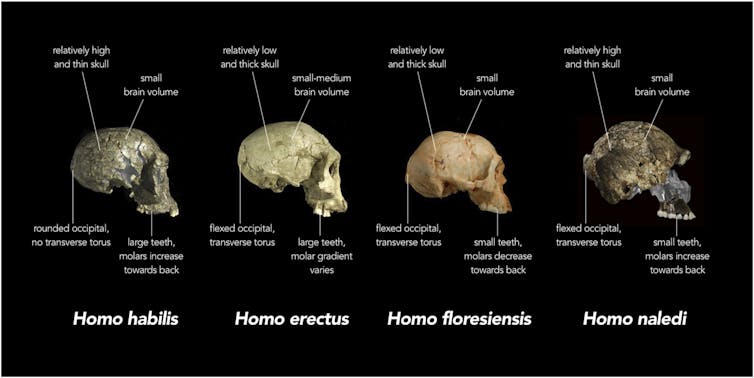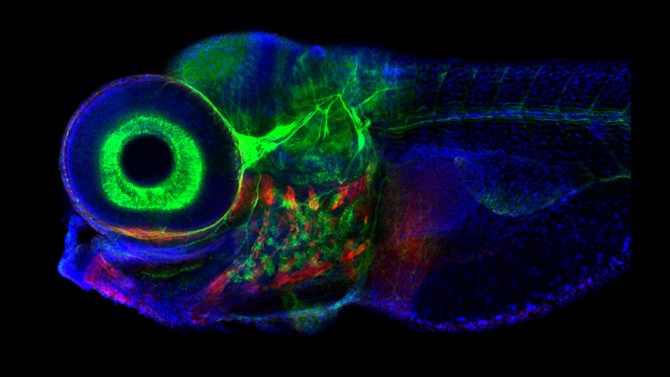More than 50 leading Australian and international health and community organisations have signed an open letter to Netflix, urging the streaming giant to exclude alcohol advertising from its new ad-supported subscription tier.
As the world’s biggest streaming platform, Netflix has the chance to set the standard for establishing an ad model that prioritises people’s health and wellbeing, said Foundation for Alcohol Research and Education (FARE) CEO Caterina Giorgi.
“Netflix has made a really important decision to exclude gambling advertising and they should do the same with alcohol advertising,” Ms Giorgi, a signatory to the joint letter, said.
“Alcoholic products cause harm to so many families and communities across the world, causing more than 200 diseases and injuries and more than 3 million deaths each year.”
“We know that alcohol advertising contributes to risky drinking particularly among young people, this is why the World Health Organization recommends restricting marketing as a priority area. Netflix can help to prevent harm by excluding alcohol advertising from their platform.”
Children and Media Australia President Professor Elizabeth Handsley said it was important for Netflix to set the standard for advertising on digital platforms to protect the millions of children who watch the streaming giant’s programming.
“We know that children are heavily influenced by the ads they see,” Professor Handsley, also a signatory to the letter, said.
“Children are much more vulnerable to taking on advertising messages than adults, as they don’t necessarily understand the selling intent behind advertising – so there’s a need to be extra careful.”
With more than 220 million subscribers across the world, Ms Giorgi said, Netflix can decide whether millions of people across the world – including children and those vulnerable to alcohol harms – are exposed to alcohol advertising.
“If even a small proportion of new or existing subscribers take up the ad-supported offer – this could mean that millions of people across the world are exposed to even more alcohol advertising,” she said.
“Netflix can make a decision to prioritise the health and the wellbeing of communities, or its leadership can make a decision to prioritise profits. We really hope that Netflix makes the right decision.”
Professor Handsley said it was not enough for streaming companies to enable parents to set up children’s viewing profiles because this did not include a choice as to the advertising that will be shown across the whole family’s subscription.
“Children don’t only watch children’s content, they watch all sorts of content and all content should be made safe for children,” she said.
“Advertising sets the horizon for what’s possible and desirable in children’s lives. If that doesn’t include alcohol, it can help children be healthier for longer.”
The calls attention to research which shows that when young people are exposed to alcohol marketing, they are more likely to start drinking alcohol at a younger age and to drink alcohol at riskier levels.
Other signatories to the letter are: NOFASD Australia; Sydney University’s Centre for Research Excellence in Indigenous Health and Alcohol, Addiction Medicine; World Health Organization Less Alcohol Unit; and the World Cancer Research Fund.








